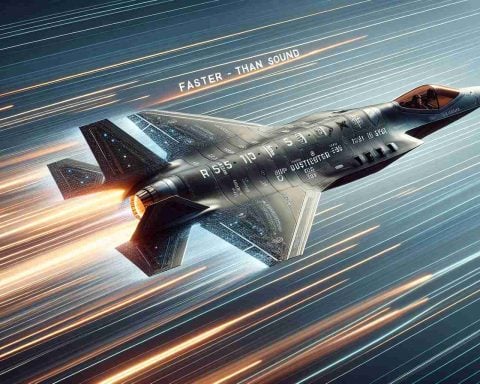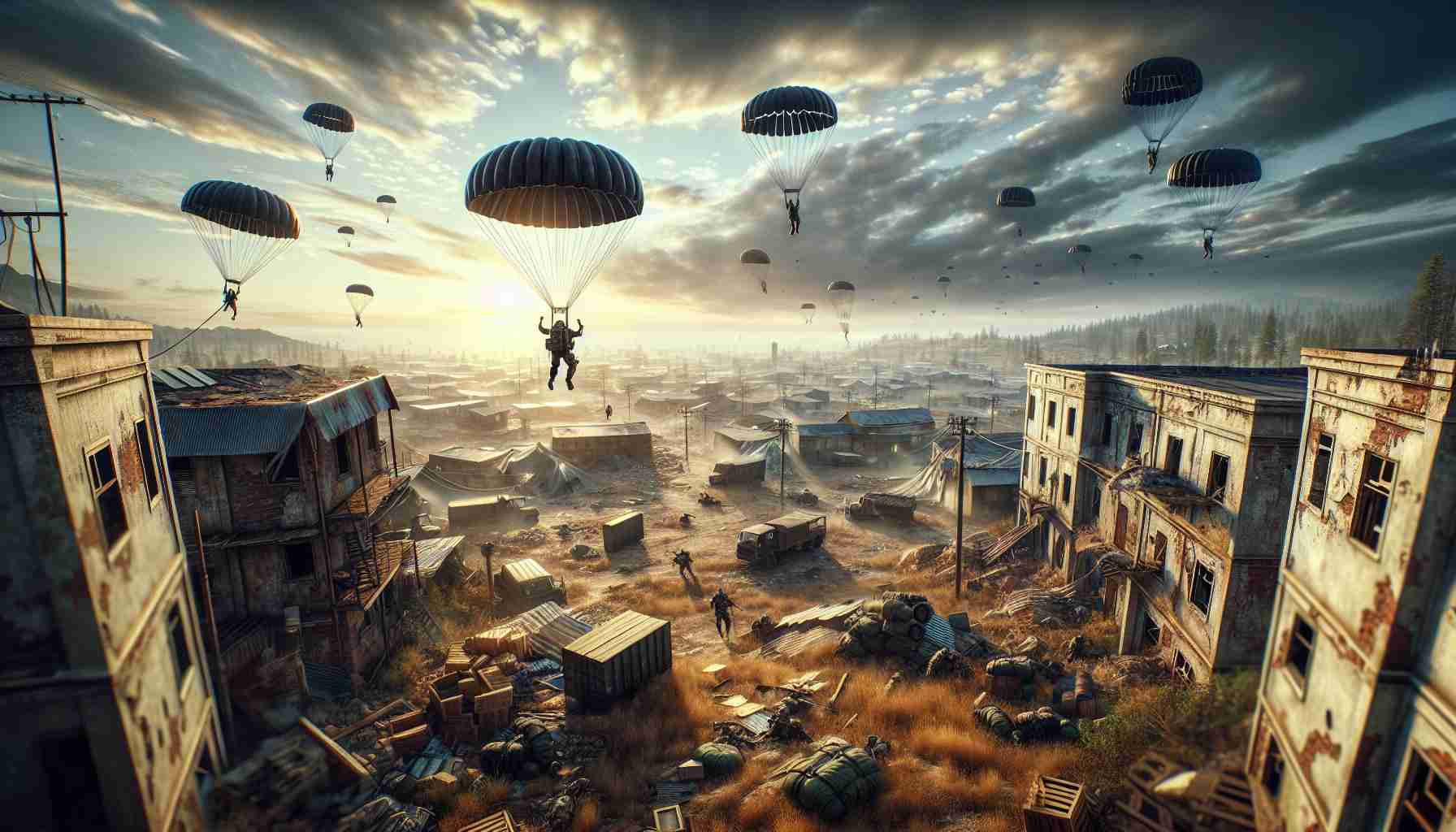In the mid-1980s, a Soviet engineer played a crucial role in reshaping global military dynamics. The U.S. Navy’s significant victories in the Gulf of Sidra against Libyan forces in March 1986 were not solely due to advanced tactics but were also influenced by intelligence from Adolf Georgievich Tolkachev, a disillusioned engineer from the Soviet Union.
Tolkachev, working at the Phazotron Design Bureau, became a pivotal informant for the CIA, feeding them vital information about Soviet military technology. His discontent with the communist regime propelled him to share classified data concerning aircraft systems and weapons that ultimately undermined the Soviet military capabilities.
On March 24, 1986, U.S. naval forces efficiently neutralized Libyan air defenses, marking a turning point in the region. In a series of rapid strikes shortly thereafter, American forces demonstrated air superiority against Libyan forces, which could be directly linked to Tolkachev’s inputs. His insights allowed U.S. military strategists to understand enemy capabilities intimately, leading to unprecedented operational success.
In subsequent years, similar U.S. air operations, notably against Iraq, showcased this gathered intelligence. The implications of Tolkachev’s espionage extended beyond immediate victories; they fundamentally altered the balance of power during the Cold War, amplifying the effectiveness of American forces well into the 1990s.
The Hidden Influences of Espionage on Geopolitical Landscapes
The intelligence shared by individuals like Adolf Georgievich Tolkachev has profound implications for modern military strategy and international relations. By undermining Soviet capabilities, Tolkachev not only shifted the balance of power during the Cold War but also set a precedent for future intelligence operations that continue to influence global military engagements today.
The impact of espionage on societal perceptions of power cannot be understated. As nations seek to gain technological and military advantage, the unseen figures who provide crucial data often reshape the trajectory of history. The reliance on intelligence operatives has elevated the role of information warfare, where nuanced understandings of enemy capabilities can lead to quick and decisive outcomes in conflict.
Furthermore, this phenomenon has ramifications for the global economy. The military-industrial complex thrives on the insights derived from both espionage and technological espionage, fueling an economy heavily reliant on defense spending. Nations, in an arms race for superiority, allocate significant resources to intelligence-gathering operations that might not only deter potential adversaries but also align with corporate interests tied to military contracts.
Looking ahead, future trends may see an increased emphasis on cyber espionage, where the battleground expands into the digital realm. The long-term significance lies in the continuing evolution of military tactics influenced by intelligent insights, which could shape the geopolitical landscape for decades to come. The ongoing transformations in warfare will rely heavily on the lessons derived from past operations, like those instigated by Tolkachev’s courage and information.
How One Soviet Engineer Changed the Course of Military History
The Role of Adolf Georgievich Tolkachev in U.S. Military Success
Adolf Georgievich Tolkachev, a Soviet engineer disenchanted with his regime, became a pivotal informant for the CIA in the 1980s, dramatically influencing military dynamics during the Cold War. His contributions not only aided U.S. naval victories but also revolutionized the intelligence-gathering process in military operations.
Key Contributions to Military Intelligence
Soviet Military Insights: Tolkachev, employed at the Phazotron Design Bureau, provided the CIA with classified information about Soviet aircraft systems and weapons technology. This information was crucial for U.S. military planners, enabling a deeper understanding of Soviet capabilities and tactics.
Operational Impact
Gulf of Sidra Victories: The intelligence provided by Tolkachev proved invaluable during the U.S. Navy’s operations in the Gulf of Sidra in March 1986. U.S. forces were able to effectively neutralize Libyan air defenses, leveraging Tolkachev’s insights for tactical advantage. This success demonstrated not just air superiority, but also a significant shift in the operational capabilities of the U.S. military, facilitated by intelligence gathered from Soviet sources.
Long-term Implications
Balance of Power: The implications of Tolkachev’s espionage extended well beyond the immediate tactical victories in Libya. It fundamentally altered the balance of power during the Cold War, allowing U.S. forces to maintain operational superiority over adversaries, including notable air operations against Iraq in the early 1990s.
Pros and Cons of Espionage in Military Strategy
# Pros:
– Enhanced Intelligence: Immediate access to enemy technologies can lead to significant tactical advantages.
– Operational Success: Clear understanding of enemy systems can facilitate quicker and more effective military operations.
– Strategic Advantage: Alters the balance of military power in favor of the informant’s country.
# Cons:
– Ethical Concerns: Espionage raises questions about morality and legality in warfare.
– Dependence on Informants: Relying heavily on information from outside sources can backfire if the information is compromised or misleading.
– Political Ramifications: Espionage activities may lead to diplomatic conflicts or escalation of military tensions.
Security Aspects of Military Intelligence
Protecting and securing military intelligence is paramount. The history of Tolkachev highlights both the potential benefits and risks associated with espionage. While it can yield valuable insights, it also invites vulnerabilities, necessitating robust counterintelligence measures to protect sensitive data and operations.
Innovations in Espionage and Military Technology
The intelligence acquired from Tolkachev heralded an era of modernized military strategy that incorporated advanced reconnaissance and data analysis, ultimately leading to innovations in warfare technology. This focused intelligence approach laid the groundwork for future operations that relied on satellite imagery, signals intelligence, and enhanced cyber capabilities.
Conclusion: A Legacy of Espionage and Military Evolution
The legacy of Adolf Georgievich Tolkachev underscores the profound impact that individual contributions can have on global military strategies. His actions not only enabled immediate victories but also instigated long-term changes in military operations and intelligence approaches. The balance of power shifted during the Cold War era, illustrating how vital intelligence can be in shaping the course of history.
For further insights on military history and the impact of espionage, visit History.com.

















